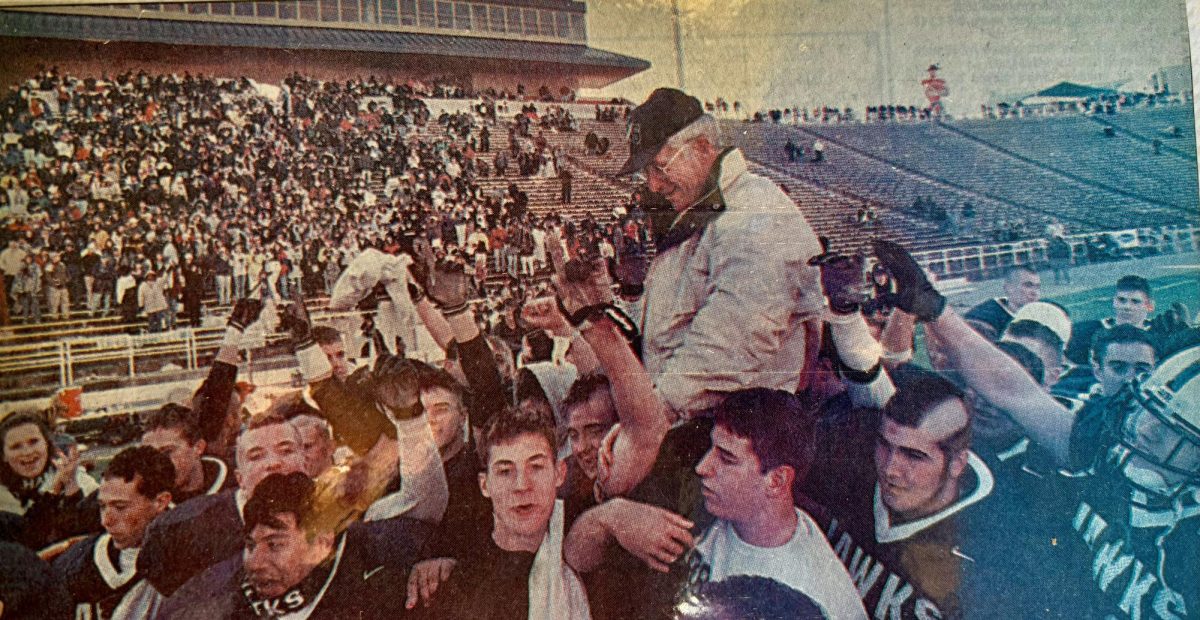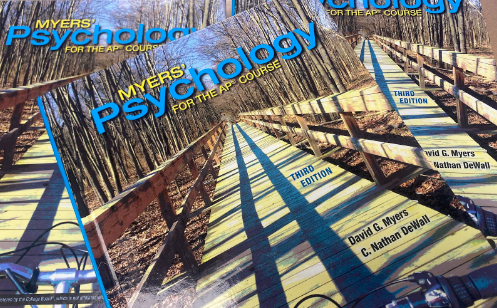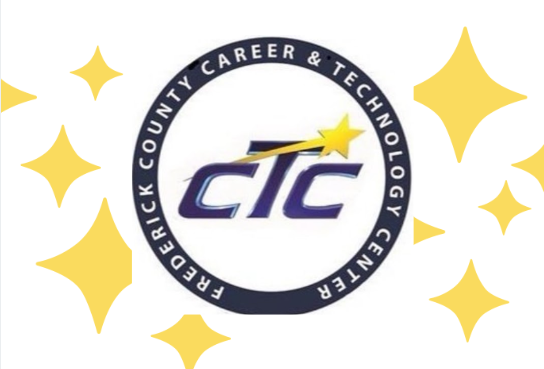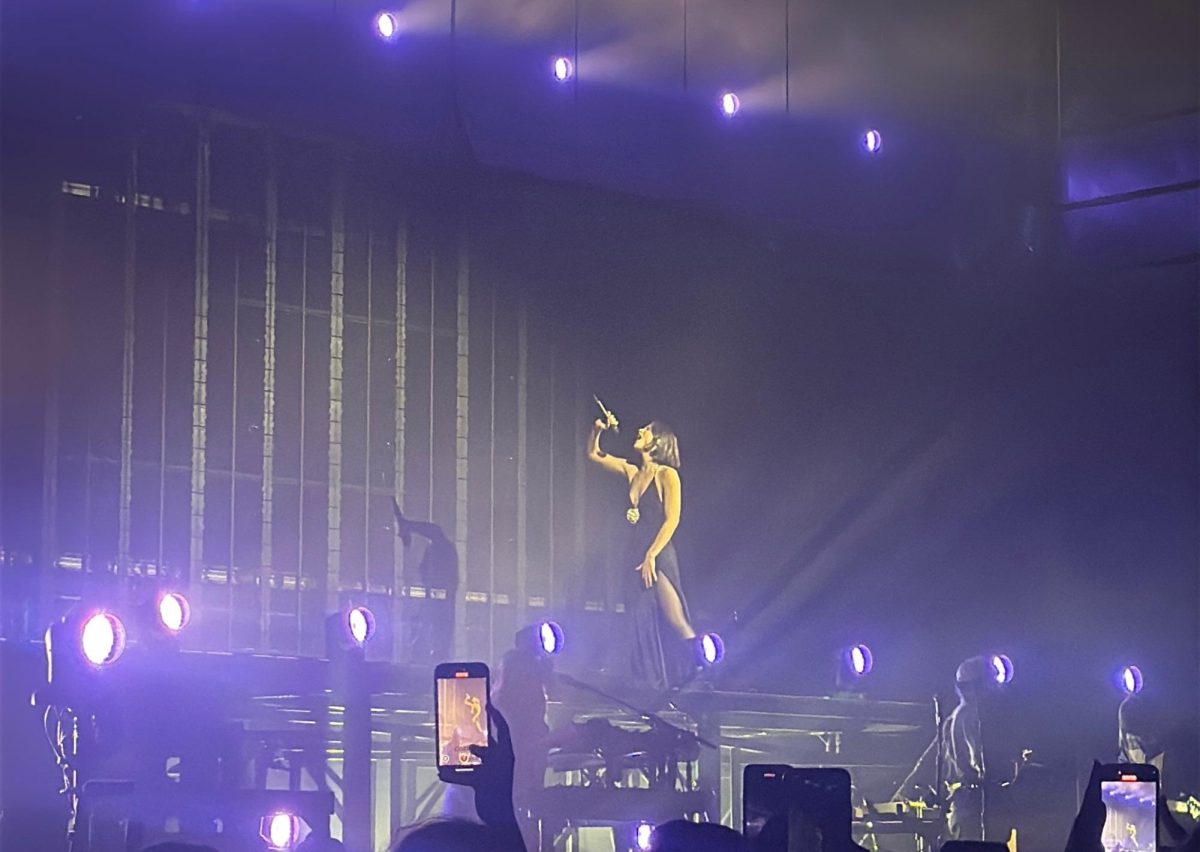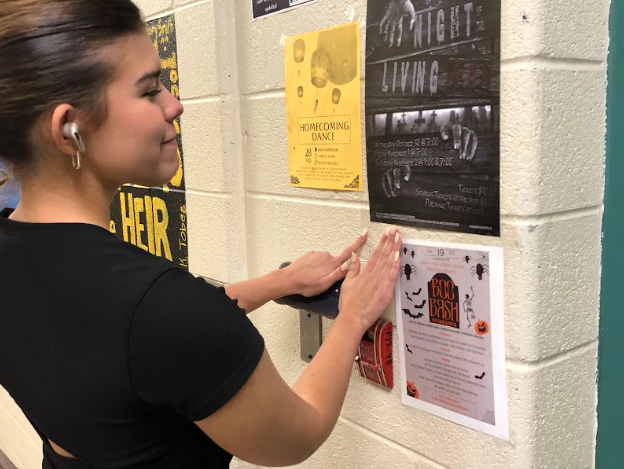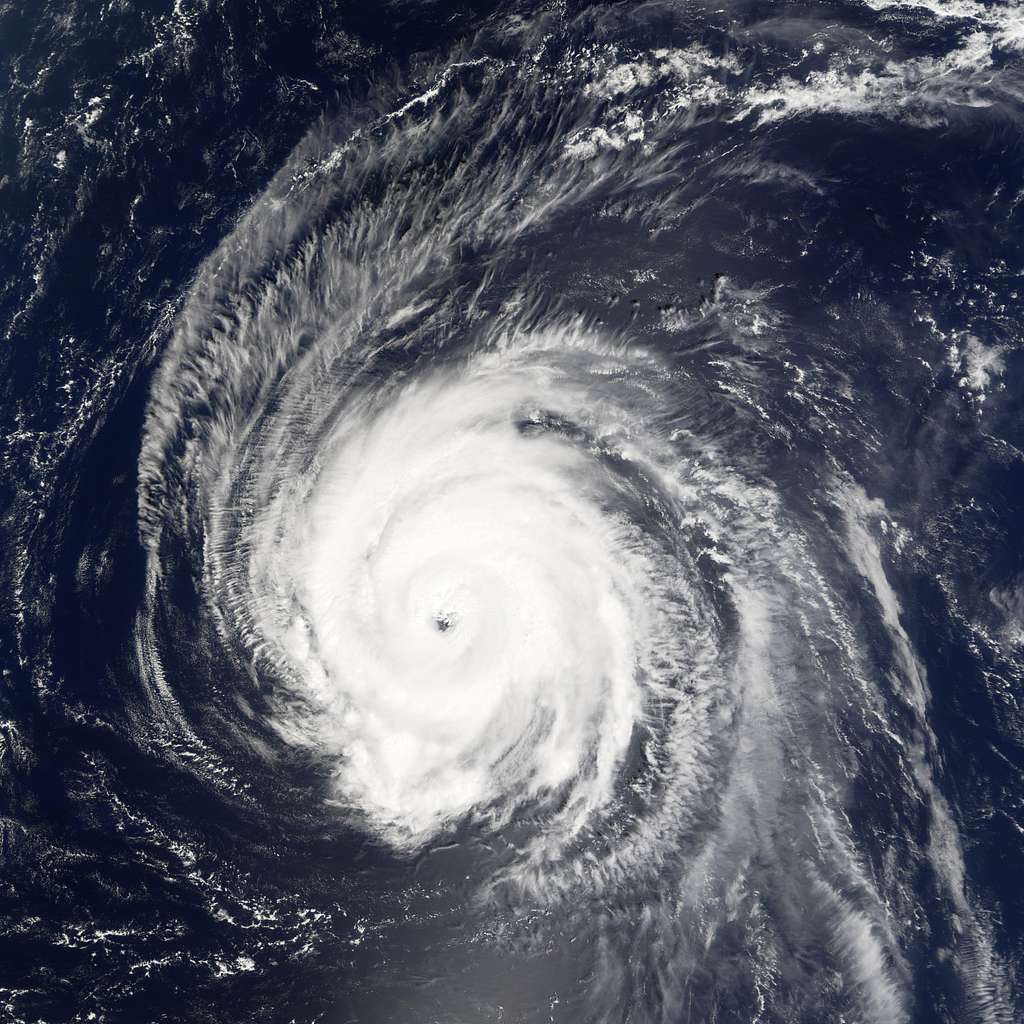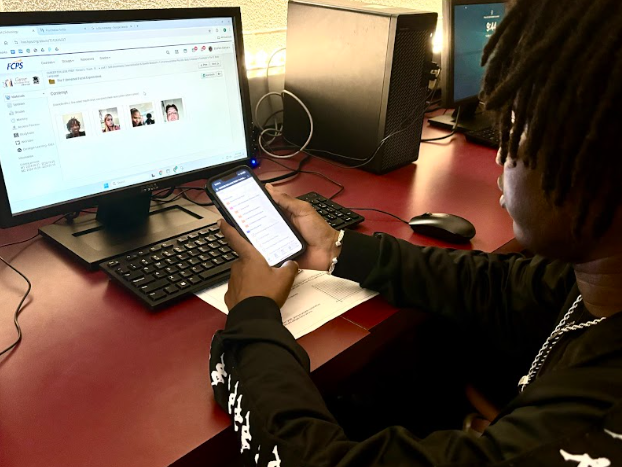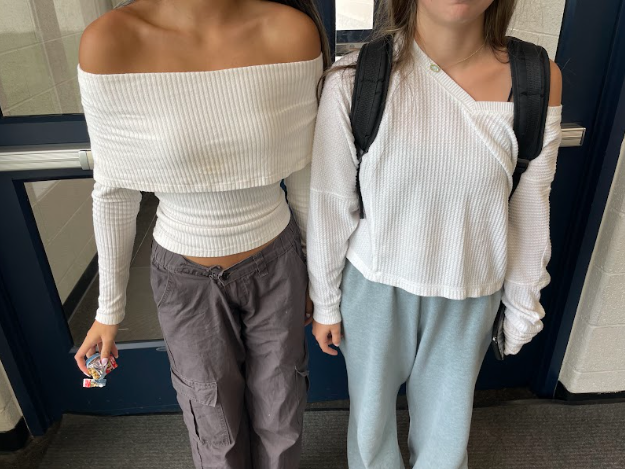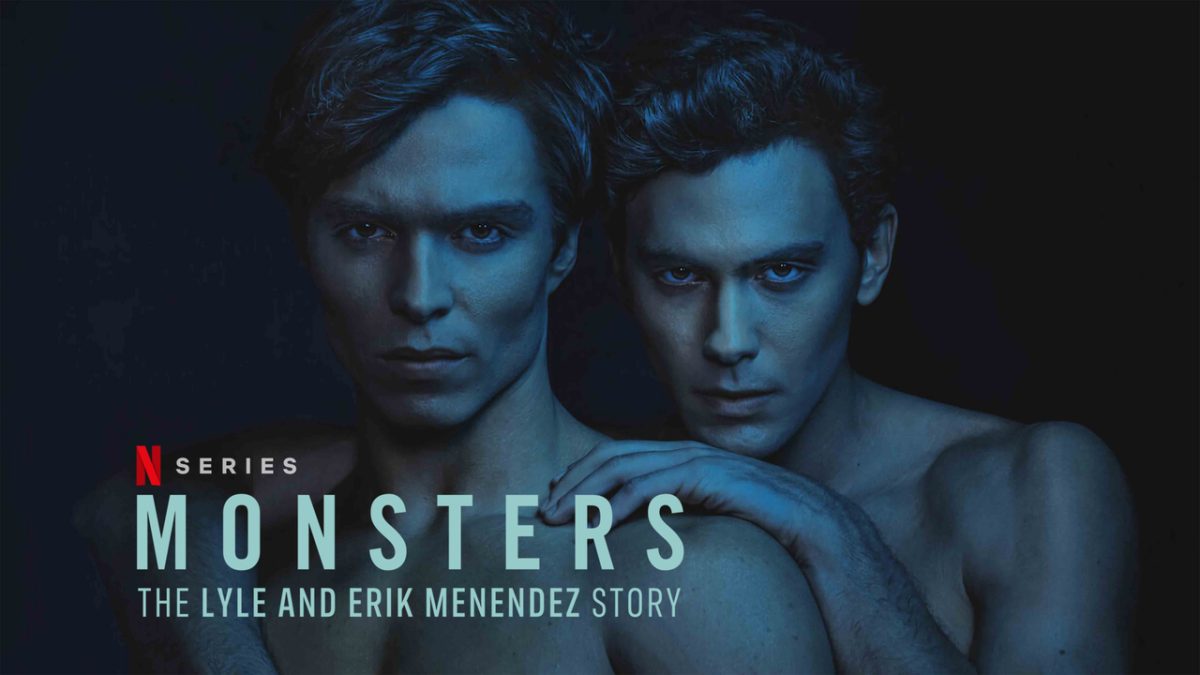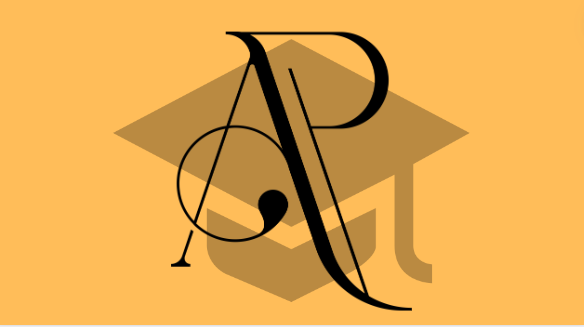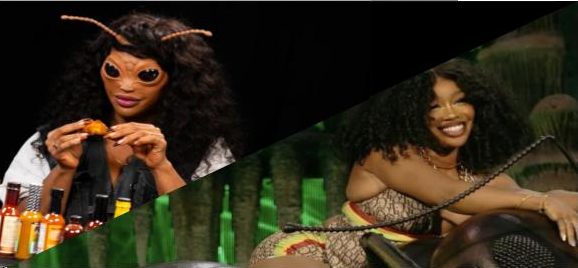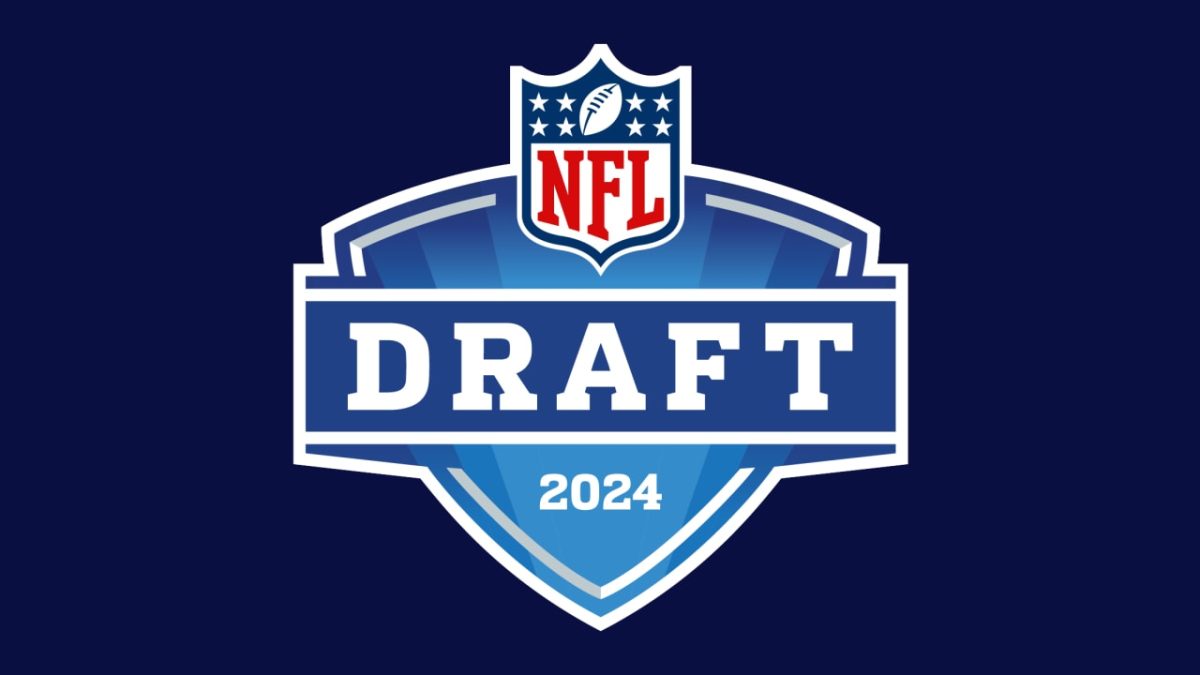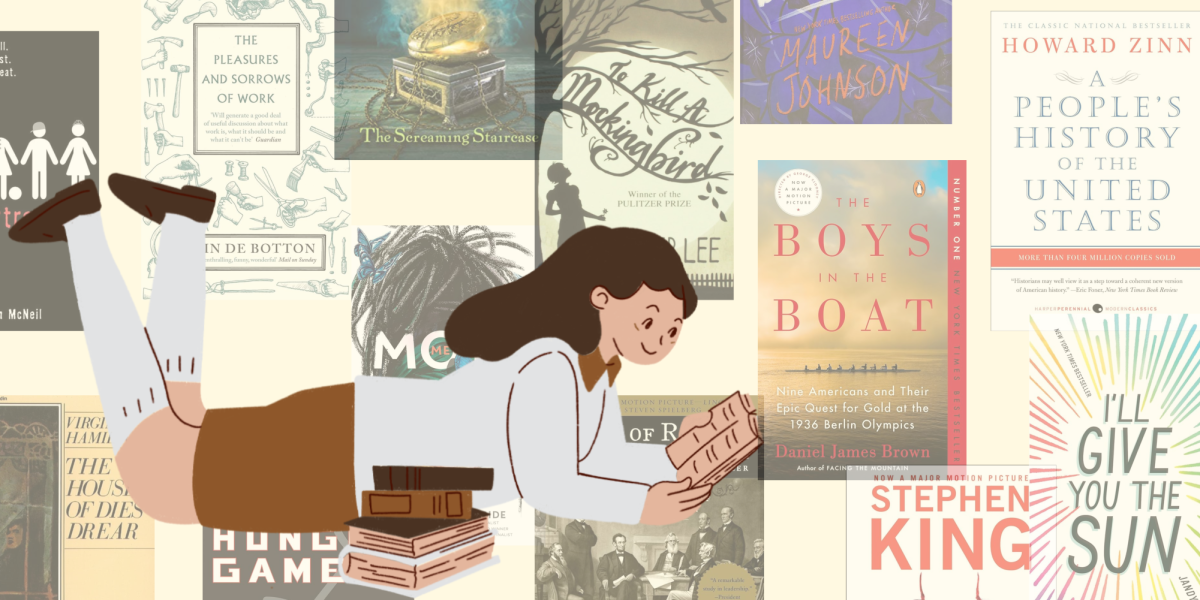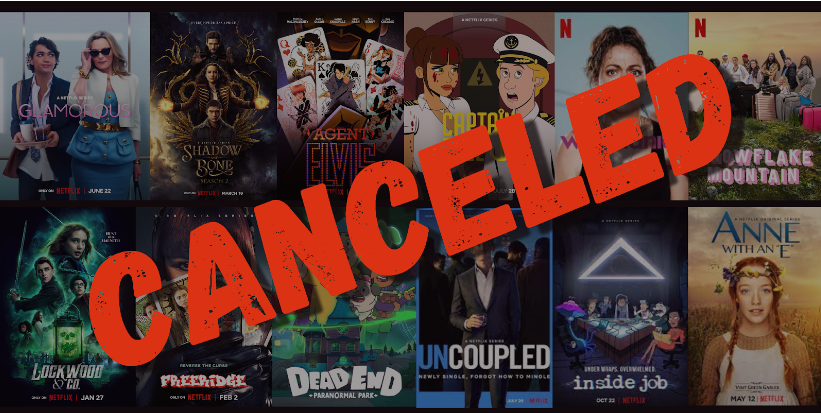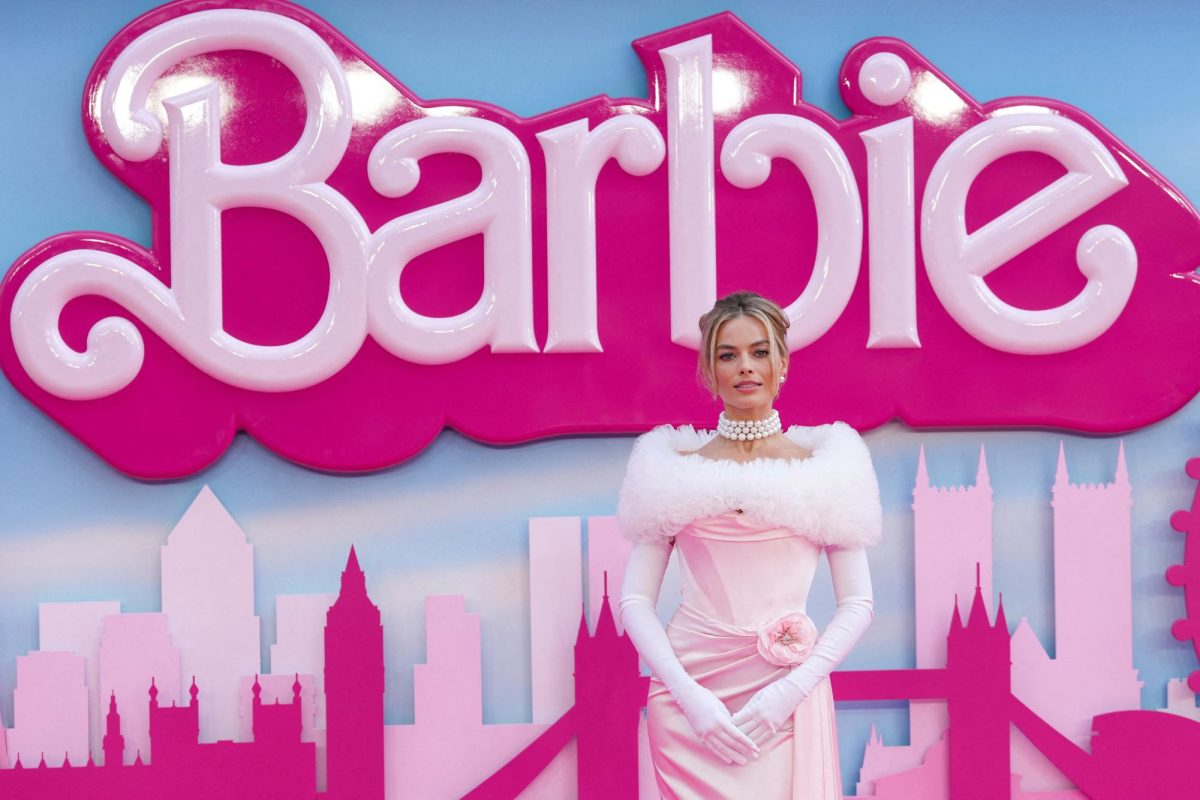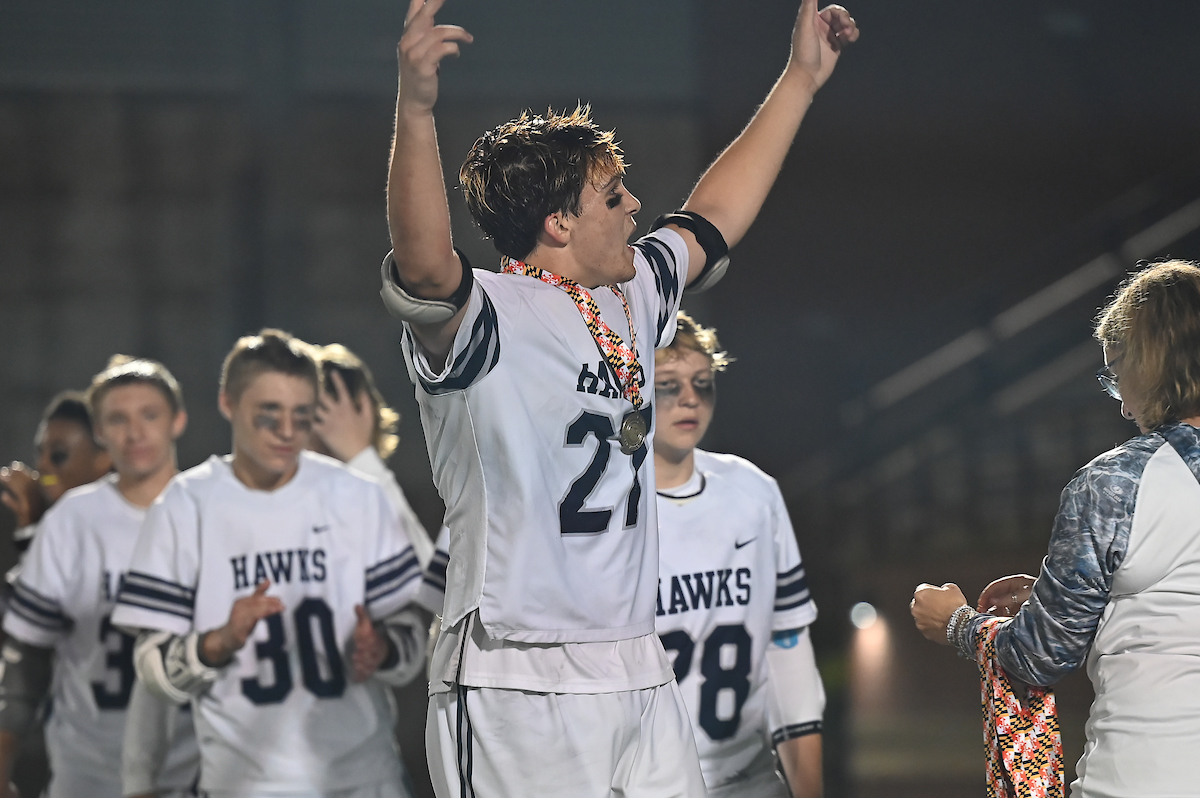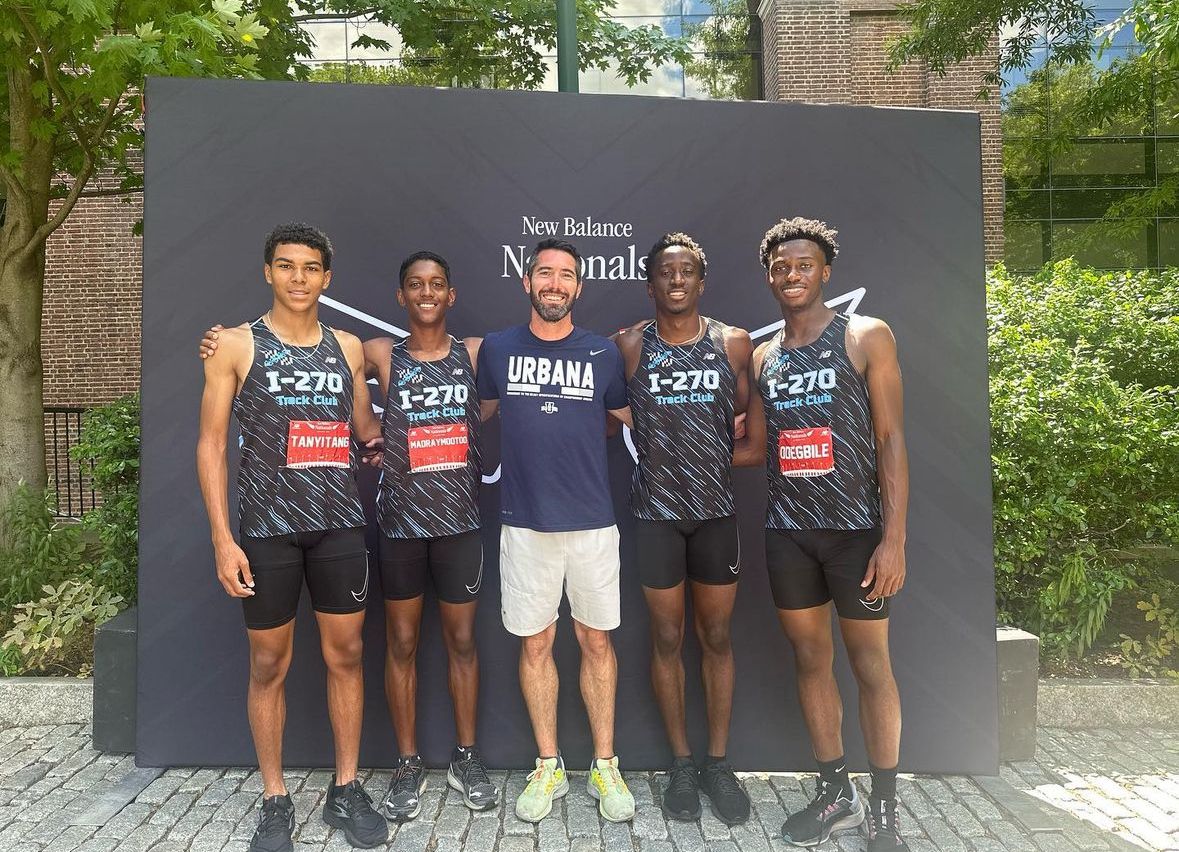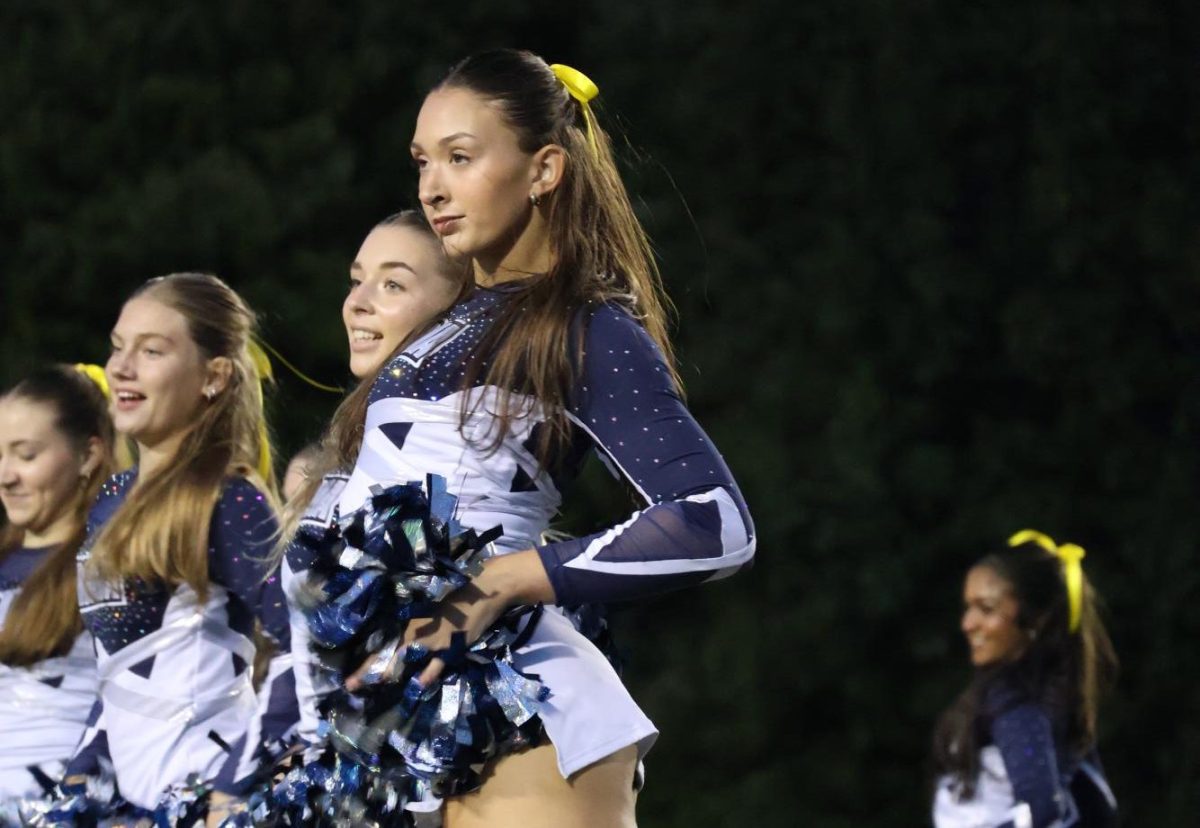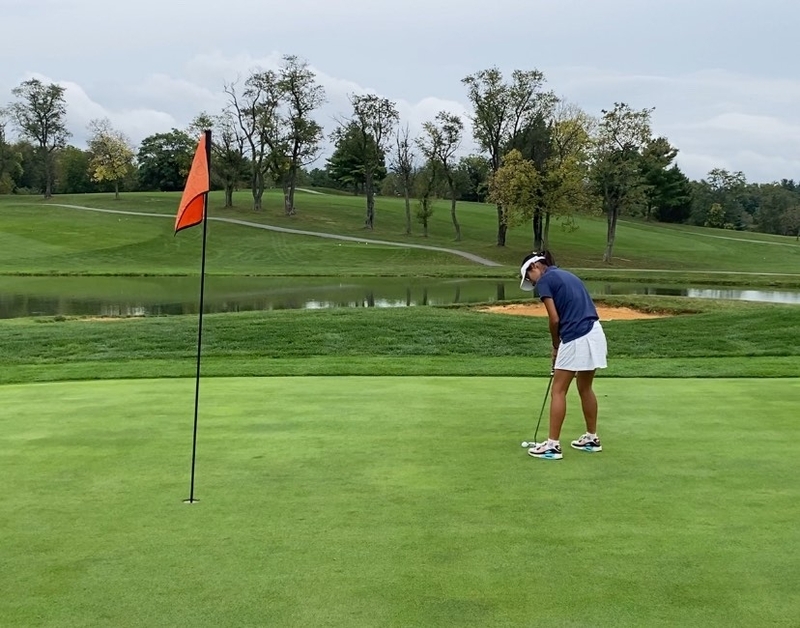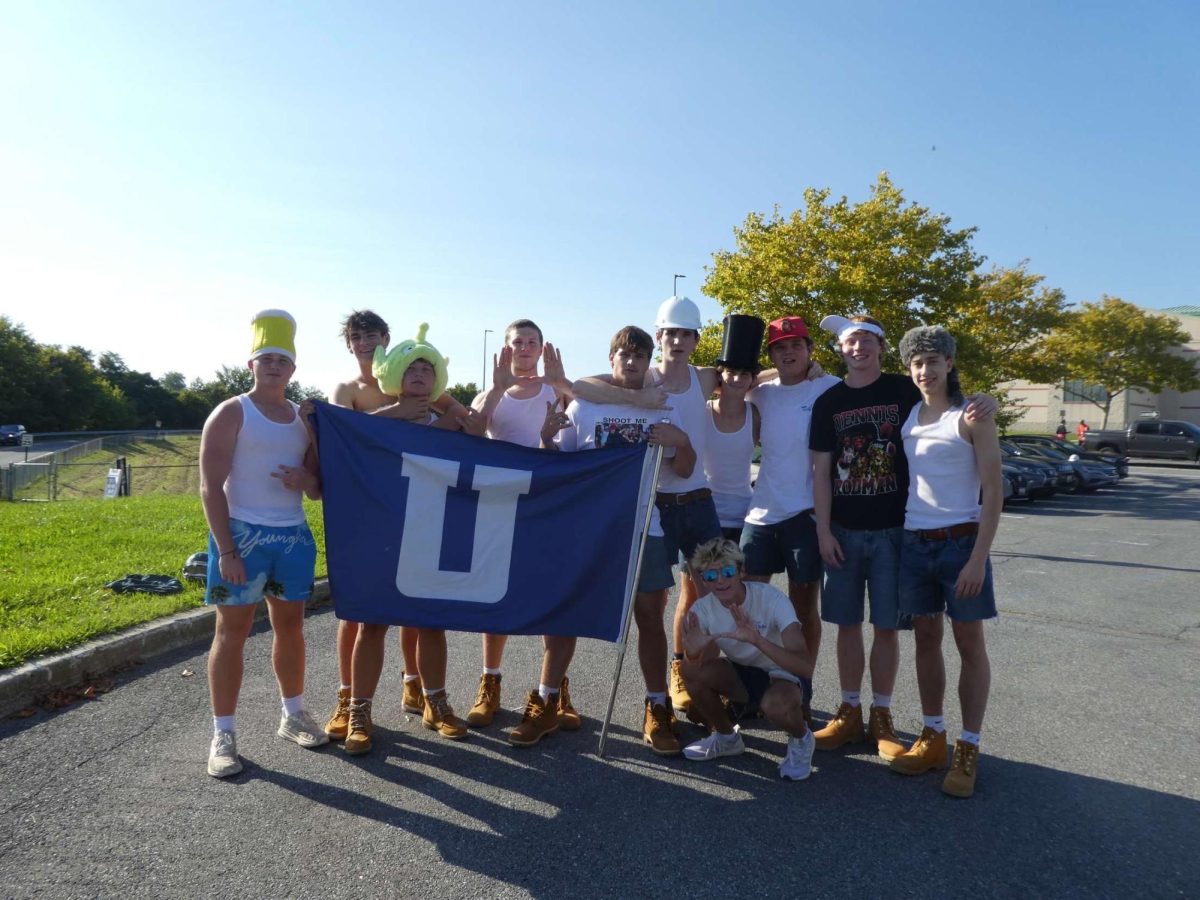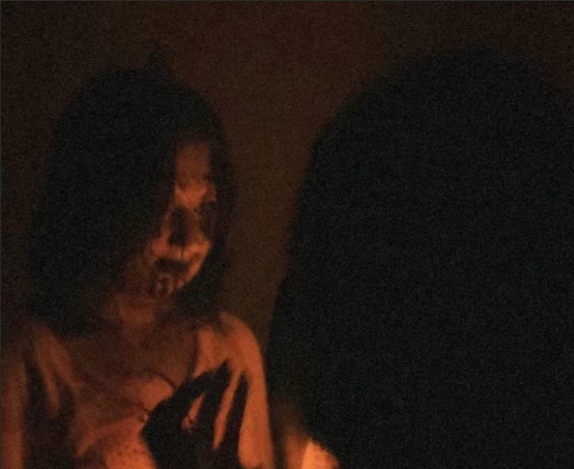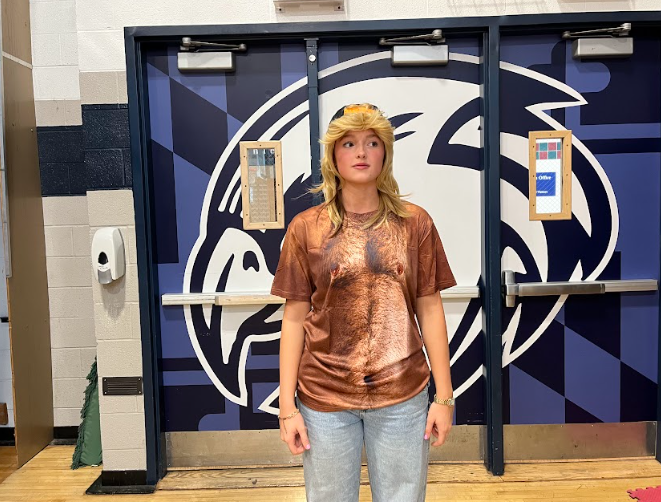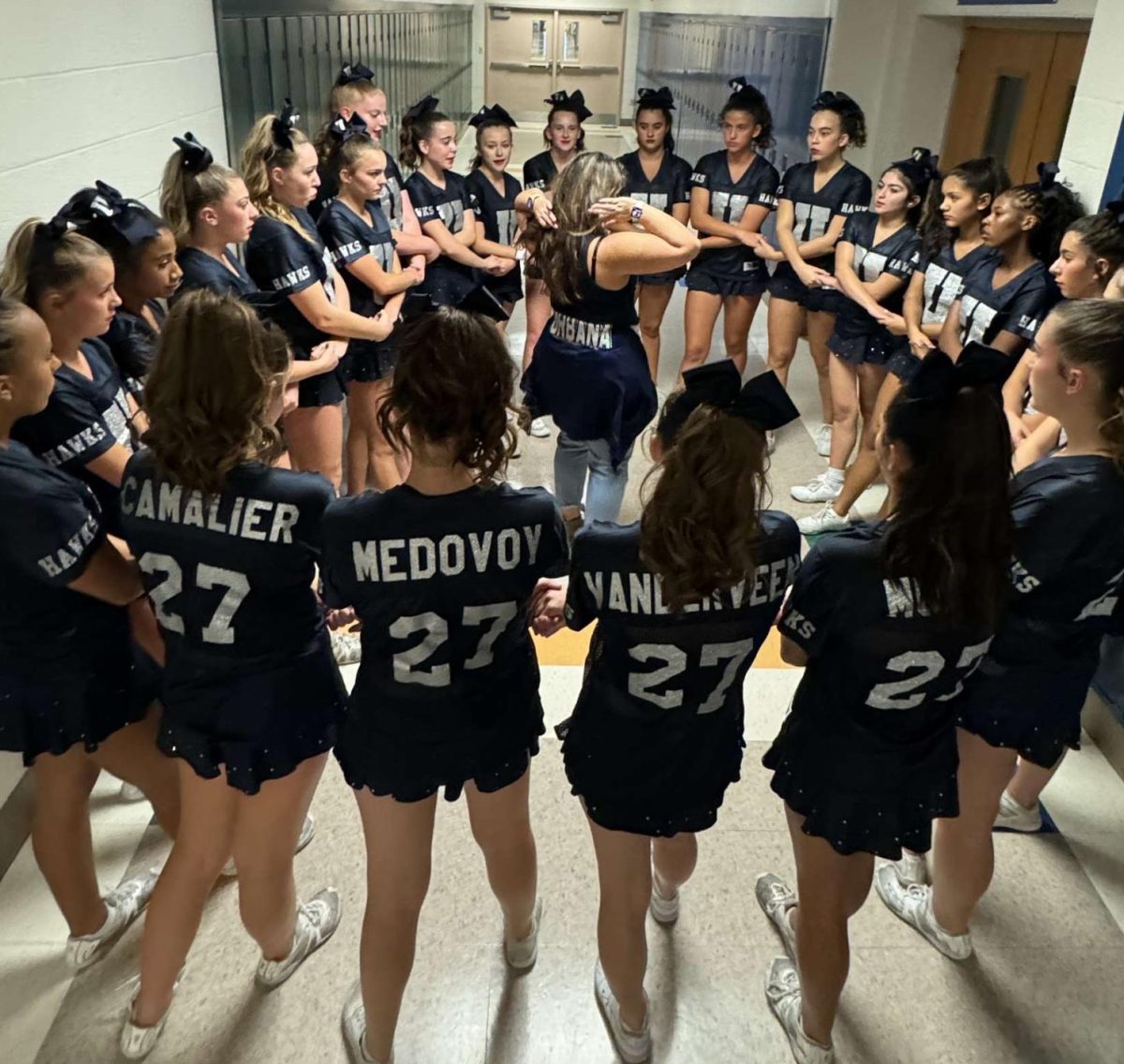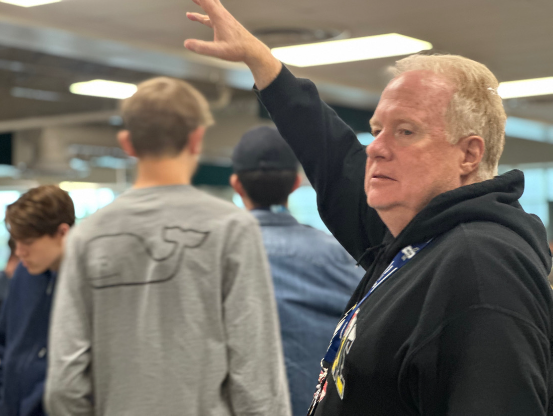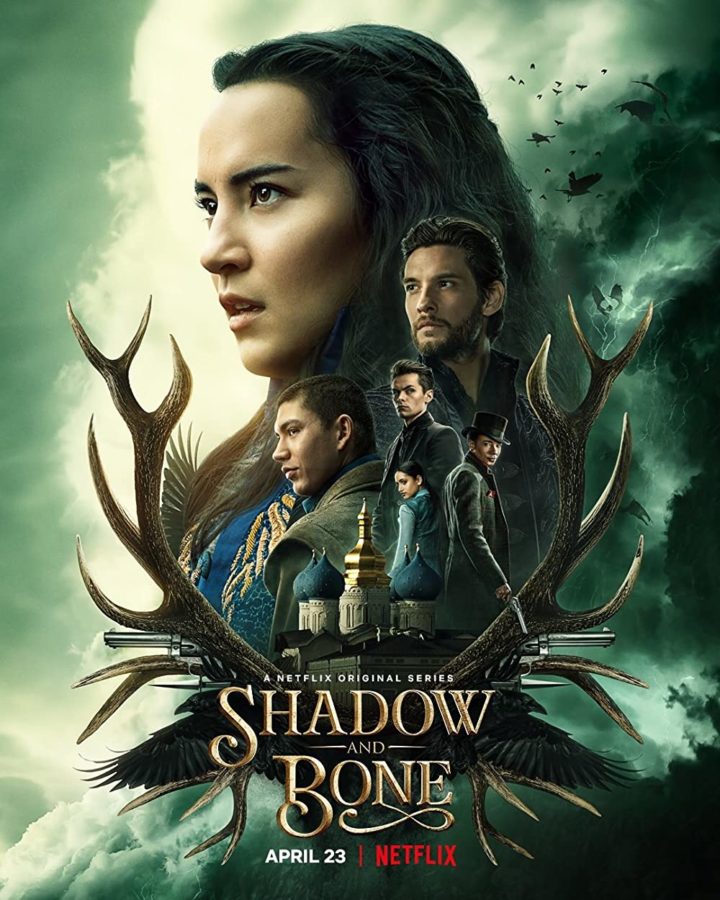From the pages to the screen: Shadow and Bone review
September 16, 2021
I still remember watching the Shadow and Bone teaser on author Leigh Bardugo’s Instagram in December of 2020. Only 39 seconds long, it showcased the Stag—an important fantasy creature in the book series—and an iconic quote: “You and I are going to change the world”. I got chills. And so did YA fans nationwide.
However, when I heard that they were also adapting Bardugo’s sequential series Six of Crows and intertwining the plot with the Shadow and Bone trilogy, I was skeptical. Although Six of Crows takes place in the same universe, it begins several years after the events of Shadow and Bone, and in my opinion is by far superior to the latter. Many others shared the sentiment, and the initial excitement quickly turned to fear that the TV Show would be added to the long list of failed book adaptations (looking at you, Percy Jackson). I remained optimistic however, and thankfully, the Shadow and Bone adaptation did not disappoint.
That being said, the TV show changed several things from both book series, some better than others.
Pros:
1. Mal redemption
Ah Mal, possibly one of the most disliked characters from the books. Playing the role of the “childhood friend”, what was supposed to be a protective and endearing character somehow turned into a toxic, controlling mess. In the TV adaptation, we finally got what Mal was supposed to be, mostly due to the added screen time. In the second episode, we follow Mal as he hunts the Stag, goof off with his friends and write Alina letters. This different perspective cemented Mal’s character and made him much more likable than Alina’s interpretation of him in the books. Anya Qin, 10, a fan of both the book and television series commented “I think Mal and Alina’s dynamic in general was better in the show… when they argued it was easier to see both perspectives… and for more romantic moments they seemed more genuine. The books are told through alinas perspective so… it seems more biased which isn’t “bad” but it can be frustrating”.
2. Changing Alina’s race
Important things to know about the books: Shadow and Bone takes place in the fictional country of Ravka, the fantasy equivalent of Russia. Therefore, in the books Alina was of the Ravkan race. There is a large emphasis placed on Alina not feeling like she belongs; she keeps to herself and her best and only friend is Mal. However, there is very little explanation as to why she feels this way. Other than being particularly scrawny, in the beginning of the story there is nothing that makes her stand out from the rest, despite her feelings of isolation.
Now, in the show this is a different story.
Instead of coming from Ravkan heritage, TV show Alina’s mother is from Shu Han, the fantasy equivalent of East Asia. Her Shu features cause Alina to be discriminated against because Ravaka is at war with the Shu Han. In fact, one of Alina’s first words are: “I live in East Ravka, but I’ve never been welcome here because I look like my mother, and she looked like the enemy”. This added layer gave Alina’s character the much needed depth that she lacked in the books, giving her a concrete reason for feeling like an outsider (in both Ravka nor Shu Han). It also serves as representation for East Asians, who especially lack presence in Western fantasy, with its predominantly European settings and characters.
Sophomore Isabel Chen for example was ecstatic about the change: “I absolutely loved it, because I’m all for representation so seeing a character who is half asian honestly made me happier. I also really love the actress of Alina, so I’m all for the race being changed”. Racism is also very rarely shown in fantasy, so I appreciate the writers reflecting on a very real issue in today’s society, even more so with the recent surge of Asain hate crimes. I hope to see more inclusive changes in this and other shows.
Cons:
1. Changing Alina’s race
I know, I know, you just read a long rant about how this was a positive change. But please bear with me. My problem isn’t that Alina was discriminated against in the show, it’s how it was depicted. In a lot of the scenes, it felt extremely childish and forced. Let me give you an example: “Why? You’re going to draw me, rice eater?” Seriously? “Rice eater”? Come on. Not only did these racist remarks feel awkward, they seemed to be exclusively for Alina. For example, Botkin, an esteemed Shu trainer at the Little Palace, isn’t given so much as a dirty look, despite Alina being called a “half-breed” in practically every other scene. If Shu racism is such a large issue in Ravka, as it’s shown with Alina, it’s a miracle how Botkin even got his position, but completely unrealistic that he doesn’t experience at least the same amount of racism that Alina does. One of his own trainees, who trained with him since she was ten by the way, even calls Alina a half-breed during their first interaction. Personally, I think that it was a missed opportunity to have Alina and Botkin bond over their shared heritage, allowing both her and the viewers to learn more about the Shu Han, which is barely mentioned in both the show and the books. Moreover, it would have given Alina something positive about her race, which has been called “evil” and the “enemy” for her whole life. A large part of the story is following Alina’s journey to find herself, and coming to terms with her race is an equally large part of her identity as accepting her role as the Sun Summoner. Such a large change in Alina’s character has to be met with large changes in her development. As much as I appreciate the show taking the first step by commenting on a very serious modern issue, I hope to see it being carried out better in the second season. Another viewer, Grace Nelson (10), had similar sentiments, saying that her main problem with the TV show was “the blatant anti-Asian or in this case, Shu racism that Alina faced. I thought this was a good opportunity to address the issue but they never went anywhere with it… Hopefully season 2 will address the problem more effectively”.
I do acknowledge that everyone has varying opinions on this topic, and most of the people I interviewed thought that the racism was accurate and advanced the plot. Preeya Trivedi (10) said “Yes. I am glad they showed that struggle”.
2. The combining of Six of Crows and Shadow and Bone
I’m just going to say it: I don’t like the mixing of both book serieses. It was unnecessary and took attention off of both storylines. To be perfectly honest, it almost feels like the Crows were added into the series to get more people to watch it. Six of Crows is generally the preferred book series afterall. Especially in the first episode, the switching between both storylines was disorienting. For viewers who didn’t read the books, it must have felt overwhelming being introduced to so many new characters, settings, and concepts. As a viewer who did read the books, I was confused on the timeline that the Crows’ story took place in. I only realized that it was set a few years before the events of the books about halfway through the episode. I won’t lie, it was extremely exciting to see characters interact from both book series, but it could have been better executed if both storylines had been given the attention they deserve in their own serieses. Isabel Chen sums this up well: “I felt that the six of crows storyline was interesting enough to maybe be its own season. It just felt like a lot when the show would jump around between Alina and the Darkling to the crow crew. I would much rather it be focused on one or the other”.
All in all, I enjoyed the first season of Shadow and Bone, and I can let these changes slide on account of the overall success of the season. However, now that season two will be caught up in the Six of Crows timeline, I have big expectations and even bigger excitement about what they’ll do next.


